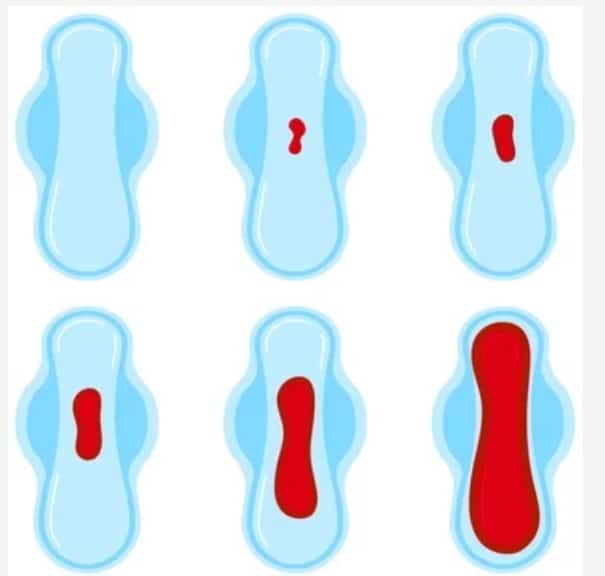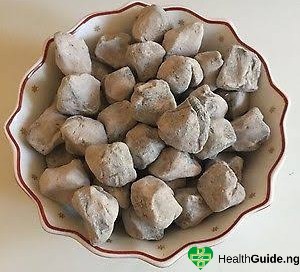Menstrual flow is not always the same. Some are light, while some can be quite heavy, causing the woman to change her pad more often than she would normally would. Sometimes, this heavy menstrual flow can be irregular, happening once in a while. But some other times too, it could be a frequent occurrence. This is referred to as Menorrhagia. It is referred to as a condition marked by abnormally heavy flow and prolonged bleeding. Menorrhagia could also prevent a woman from going about her daily tasks like she normally would due to the intensity of the flow she is experiencing.
Not every heavy flow is menorrhagia, however, and a woman would need to visit her doctor to be sure she has menorrhagia. Some of the common features of menorrhagia include
- Frequent change of pad/tampons
- Period lasting for more than a week
- Having to use more than one pad at once just to control the flow
Menorrhagia could also lead to anaemia, which is the loss of red blood cells in the body.
There are many causes of heavy menstrual flow and we would be looking at some of them in this post.

1. Hormone Imbalance
A balance between progesterone and estrogen regulates the buildup of the endometrium, or inner lining of the uterus, which is what is shed during menstruation. If there is a disruption in the balance between these hormones, this can cause the endometrium to build up without check, resulting in heavier flows. Hormone imbalance can be triggered by various causes, including obesity, insulin resistance, and more. Learn about the Nigerian foods that balance hormones.
2. Non-hormonal Intrauterine device (IUD)
Using a non-hormonal IUD could often lead to menorrhagia. Although the flow is expected to reduce after a few months of using the non-hormonal IUD. If this persists, then it may be necessary to see the doctor.
3. Medications
Using certain medications, especially anti-inflammatory or hormonal medications., can result in heavy menstrual flow. Anti-inflammatory and anticoagulant drugs are common causes of heavy menstrual bleeding.
4. Ectopic Pregnancy
A normal pregnancy occurs inside the uterus but ectopic pregnancy is abnormal and develops outside the uterus. Such pregnancy is not always sustainable and often leads to heavy bleeding and serious cramps. If an ectopic pregnancy is not treated, it can be life-threatening.
5. Miscarriages
A miscarriage often causes heavy bleeding that might be mistaken for menorrhagia.
6. Growths In The Uterus
Certain growths in the uterus can lead to heavy menstrual flow. Polyps often develop on the lining of the uterus, resulting in prolonged, heavy bleeding. Fibroids can also develop in the uterus, also causing heavy and prolonged blood flow.
7. Cancer
Certain cancers, like uterine cancer and cervical cancer, can cause heavy menstrual bleeding.
8. Adenomyosis
Adenomyosis is a condition that causes the glands in the endometrium to attach themselves to the uterine muscle, often leading to heavy bleeding and painful periods.
What You Should Do?
If you experience heavy menstrual flow more than once or for succeeding months, then you should visit the doctor for a diagnosis. It may not be menorrhagia, as it may be caused by any of the things listed here. But there is no way of ascertaining that by yourself without visiting a doctor.
ALSO READ:
- Cryptic Pregnancy In Nigeria: What You Should Know
- Things To Consider When Choosing A Hospital For Delivery In Nigeria
- 8 Crucial Medical Tests To Do Before Marriage
- Crucial Maternal Health Problems in Nigeria
Collins Nwokolo is a human physiologist, writer and health enthusiast. He loves writing helpful articles on health and fitness, which he enjoys sharing with everyone.









